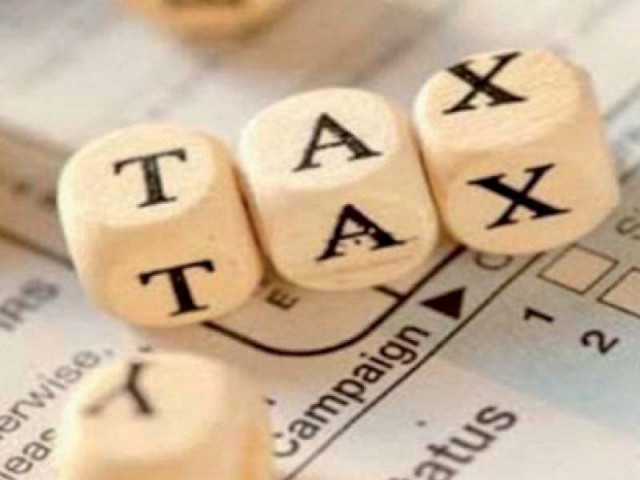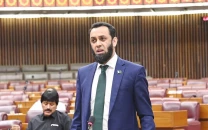One of three candidates violated tax law
Contenders either unregistered or non-filers of income tax returns

One out of every three candidates contesting for the seats of the national and provincial assemblies turned out to be either unregistered or non-filer of income tax returns in the last three years, scrutiny carried out by the Federal Board of Revenue revealed.
The high numbers of non-filers and unregistered persons aspiring to become representatives of the people indicate the prevailing non-tax culture in Pakistan, which has now become a serious issue.
A little over 4,200 aspirants were non-filers of income tax returns during any of the past three tax years 2021, 2022 or 2023, according to government sources.
In addition to this, another little fewer than 5,000 people were not registered with the tax authorities, the sources said.
FBR spokesperson Afaque Qureshi did not respond to a request for comments.
The Election Commission of Pakistan had shared the data of about those 28,000 candidates who had submitted their nomination papers for contesting the Feb 8 elections.
Of those, a total 9,200 were either not registered with the FBR or were registered but did not file the returns in any of the past three years, the sources said. This translates into one out of every three candidates not being compliant with the tax laws of Pakistan.
Under the Income Tax Ordinance, every person earning Rs600,000 a year or having a 1,000cc car is obligated to register with the FBR and also file tax return.
The government has already initiated a campaign against the non-filers.
FBR Chairman Amjad Zubair Tiwana said last week that the FBR would start taking action against non-filers by disconnecting their mobile sim cards and utility connections.
The FBR on Tuesday requested the Pakistan Telecommunication Authority (PTA) to set up a liaison committee for blocking mobile phone sim cards of the non-filers.
The Election Commission secretary did not reply to a question whether a non-filer of income tax returns could contest the general elections.
The ECP’s election guidelines required that the candidates must file their income tax returns for the last three years.
The ECP on Monday issued details of the total number of candidates who submitted nomination papers for the general elections and the number of nomination papers rejected and accepted by the commission. There were many candidates who submitted more than one nomination papers.
Read IMF tax collection target surpassed
About 3,204 nomination papers were rejected by the returning officers during the scrutiny process. The reasons for the rejections were not known.
Given the fact that over 9,200 candidates were not complying with the tax laws, there would still be thousands of candidates contesting the elections despite violating the act of parliament.
The electoral body approved nomination papers of 6,449 candidates, including 6,094 male and 355 female candidates, for the National Assembly seats. The papers of 1,024 candidates, including 934 men and 90 women, for NA seats were rejected by the returning officers during the scrutiny process.
The ROs appointed by the electoral body approved 16,262 nomination papers for the four provincial assemblies of the documents submitted by 18,478 candidates, including 17,670 males and 808 females.
The sources said that the FBR also highlighted outstanding tax liabilities against over 1,100 candidates who had to settle these dues before acceptance of their nomination papers.
They said that an estimated over Rs5.5 billion to Rs6 billion was recovered from these candidates.
The recoveries included revisions in previously filed tax returns and wealth statements by these candidates, indicating that some of them might not have in the past fully disclosed their actual worth.
The amount of tax that these candidates paid was quite higher than the total income tax paid by 392 members of the National Assembly and the Senate in 2019.
The FBR had released the tax directory of the parliamentarians in 2022, containing tax details for the period of 2019.
In 2019, 392 members of the National Assembly and the Senate declared a cumulative income of Rs11 billion but they paid a mere Rs576 million in taxes. This means that the parliamentarians paid just 5.2% of their income – far lower than the standard maximum tax rate of 35% for a salaried person.
These 392 legislators paid a cumulative sum of Rs576 million in taxes against Rs800 million in the year before – showing a decline of 28%.
It seems ironic that the returning officers have not accepted the papers of the defaulter candidates who were filers but papers of the non-filers and the unregistered persons have been accepted.



















COMMENTS
Comments are moderated and generally will be posted if they are on-topic and not abusive.
For more information, please see our Comments FAQ